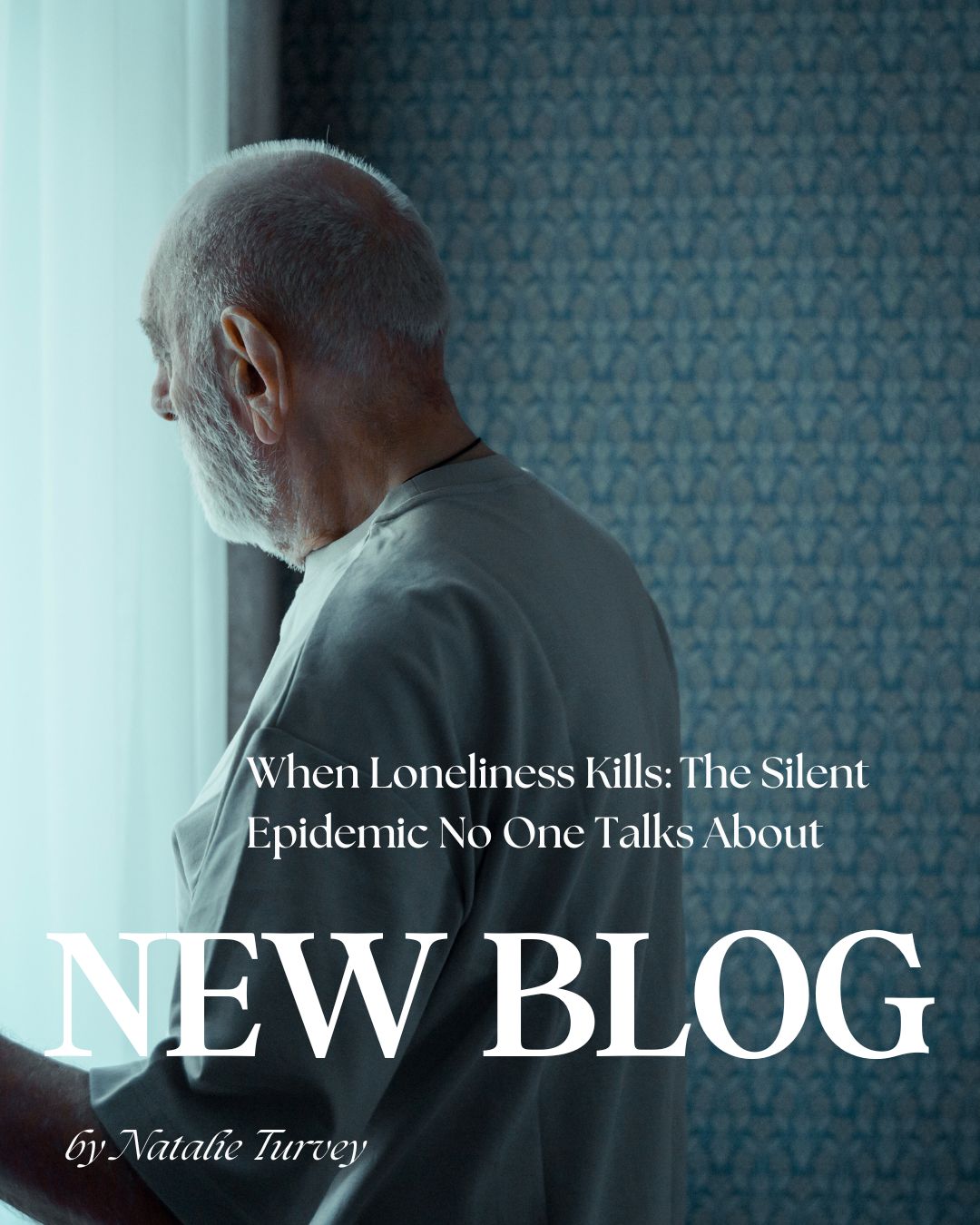In the world of caregiving and mental health, compassion and empathy are often considered the foundation of effective care. Whether you're a nurse, social worker, support worker, therapist, or family caregiver, your ability to connect emotionally with others can profoundly impact those you support. However, the emotional demands of this work can sometimes become overwhelming, leading to various forms of emotional exhaustion like empathy fatigue, compassion fatigue, and empathy burnout.
While these terms are often used interchangeably, they describe distinct experiences that affect how we care for others—and ourselves. Understanding the differences can help you recognise when you’re running on empty and take the steps needed to restore your emotional well-being.
- Empathy Fatigue: When Emotional Overload Sets InEmpathy is the ability to deeply understand and share in the feelings of others. But when you are constantly exposed to another person’s pain, trauma, or distress, it can start to wear you down. This is empathy fatigue, a form of emotional exhaustion that arises from being so tuned in to others’ emotions that it becomes draining.
Common Signs of Empathy Fatigue:
- Emotional numbness or detachment from others
- Feeling overwhelmed by the intensity of others’ emotions
- Decreased ability to empathise over time
Empathy fatigue is common among professionals who are regularly exposed to the suffering of others, such as therapists, counsellors, and emergency responders. When the emotional connection becomes too much to bear, people experiencing empathy fatigue may find themselves withdrawing or feeling distant from the very people they’re meant to support.
- Compassion Fatigue: The Cost of Caring Too MuchWhile empathy fatigue focuses on the emotional strain from feeling others’ emotions, compassion fatigue encompasses a broader range of emotional and psychological stressors. Compassion fatigue often affects those who are repeatedly exposed to traumatic situations, such as healthcare workers, social workers, or first responders. Over time, the constant caregiving and witnessing of others' suffering can lead to a deep sense of emotional exhaustion.
Key Symptoms of Compassion Fatigue:
- Emotional exhaustion and physical fatigue
- Detachment from others or a diminished sense of compassion
- Increased irritability, cynicism, or frustration
- Difficulty concentrating or feeling effective in your work
In addition to emotional numbness, compassion fatigue often involves what’s called secondary traumatic stress. This means that caregivers may begin to experience symptoms similar to those of the people they are caring for, such as anxiety, nightmares, or heightened stress levels. It’s a reminder that even when we’re not the ones experiencing trauma directly, exposure to others’ trauma can still take a toll.
- Empathy Burnout: When It Feels Like There’s Nothing Left to GiveIf empathy fatigue and compassion fatigue are left unaddressed, they can eventually lead to empathy burnout. Burnout is a state of chronic physical, mental, and emotional exhaustion, and when it occurs in the context of empathy, it can completely deplete a person’s ability to engage with others emotionally.
Signs of Empathy Burnout:
- Deep emotional detachment, not only from patients or clients but also from personal relationships
- Exhaustion that goes beyond tiredness, often accompanied by a sense of hopelessness
- Feelings of inadequacy or guilt for no longer being able to provide emotional support
- Loss of motivation or passion for work that was once fulfilling
Empathy burnout typically develops over time due to prolonged exposure to emotionally intense environments, without enough opportunities for rest or emotional recovery. This state can leave caregivers feeling like they have nothing left to give, both professionally and personally.
Preventing and Managing Empathy Fatigue, Compassion Fatigue, and BurnoutIf you’re in a caregiving or therapeutic role, it’s essential to recognise the signs of emotional exhaustion early. The good news is that by being proactive, you can reduce the risk of empathy fatigue, compassion fatigue, and burnout, and restore your emotional resilience.
Here are a few strategies for managing emotional exhaustion:
- Set Boundaries: It’s important to establish emotional and physical boundaries that allow you to care for others without overwhelming yourself. This might include setting limits on your availability, saying "no" when needed, and making space for self-care.
- Self-Care Practices: Taking time for yourself is not a luxury but a necessity. Engaging in activities that bring you joy, relaxation, and rejuvenation can help you recharge. Whether it's exercise, hobbies, or mindfulness practices, prioritising self-care can restore emotional balance.
- Seek Support: Even professionals need help. Talking to colleagues, friends, or mental health professionals about your feelings of emotional exhaustion can alleviate some of the burden. Peer support groups can also be invaluable for those in high-empathy roles.
- Mindfulness and Stress-Reduction Techniques: Incorporating mindfulness practices, such as meditation or deep breathing, into your daily routine can help you manage stress and stay emotionally grounded.
- Professional Help: If you’re feeling overwhelmed by empathy fatigue or burnout, seeking therapy or counselling can provide the support you need to process your emotions and develop healthy coping strategies.
Caring for Others Means Caring for YourselfWhile empathy and compassion are powerful tools for helping others, they are also finite resources. Understanding the difference between empathy fatigue, compassion fatigue, and empathy burnout is key to recognising when your emotional reserves are running low. By taking care of yourself—through boundaries, self-care, and support—you can continue to care for others without sacrificing your own well-being.
At Drop of Life, we understand the emotional toll that caregiving can take. If you’re feeling overwhelmed by the demands of empathy or compassion, we’re here to help. Our team of professionals can provide the tools and support you need to manage your emotional health and prevent burnout. Reach out to schedule an appointment and take the first step toward restoring balance in your life.








